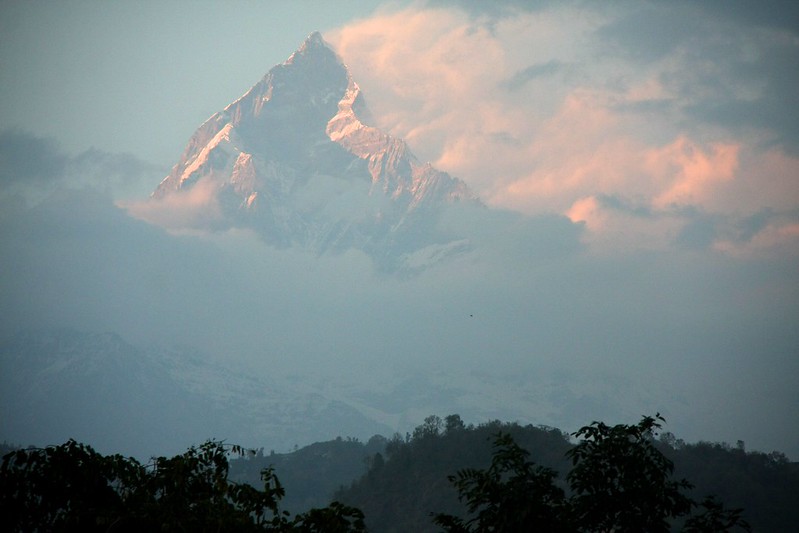Climate action in the Hindu Kush Himalaya

Summary
The Hindu Kush Himalayan (HKH) region, which spreads across Afghanistan, Pakistan, India, Nepal, China, Bhutan, Myanmar, and Bangladesh, is particularly vulnerable to the impacts of climate change. A 1.5°C increase in global temperature is likely to result in a 2.1°C increase in temperature by the end of the century in the HKH due to elevation-dependent warming. This will expose 240 million people who live in the mountains and hills and over 1.65 billion people downstream to climate-induced disasters, as well as large-scale environmental impacts on human health, food production systems, and biodiversity.
The HKH to Glasgow webinar provided a platform for stakeholders from the HKH to discuss how regional collaboration can deliver ambitious climate action in the region. It is part of the series of technical and political dialogues planned in the run-up to COP26 in 2021. The event was co-organized by ICIMOD, the Foreign, Commonwealth & Development Office (FCDO) and Adaptation Without Borders.
The dialogue enabled stakeholders to better understand transboundary climate risks – not only those that are shared across borders within the region, which have been long recognized (and where the HKH could offer best practice examples to the rest of the world), but also those that originate beyond the region and could nevertheless have critical implications for people’s livelihoods and well-being. Furthermore, the webinar provided a platform to share progress made on climate actions; identify mountain-specific climate actions to limit warming to 1.5°C and for climate change adaptation; and discuss ways to make finance flows consistent with climate-resilient and low-carbon development pathways.
On the occasion of this webinar, the Rt Hon Anne-Marie Trevelyan MP, the UK’s International Champion on Adaptation and Resilience for the COP26 Presidency, stressed the “complexity and the urgency of the challenges to tackle those transboundary climate risks and to find adaptation and resilience solutions”. Rt Hon Anne-Marie Trevelyan MP also committed to “pushing for increased regional cooperation on these issues” and acknowledged the work of adaptation and resilience initiatives such as Adaptation Without Borders and the HKH Call to Action.
Speakers
Special guest
The Rt Hon Anne-Marie Trevelyan MP, UK.
Panellists
Pema Gyamtsho, Director General at ICIMOD Nanki Kaur, Programme Manager of ICIMOD’s Regional Programme on Adaptation and Resilience Building
Rebecca Nadin, Director of the ODI’s Global Risks and Resilience program
Pradyumna JB Rana, climate change adaptation and governance analyst at ICIMOD
Nakul Chettri, Programme Manager of ICIMOD’s Regional Programme on Transboundary Landscapes
Rigzin Lachic, co-founder of Hatti Ladakh and founder of Dolkhar
Ahsan Javed, Research Fellow, Renewable Energy, at the SAARC Energy Centre in Pakistan
Manjeet Dhakal, Head of the Least Developed Countries (LDC) Support Team at Climate Analytics
Prabhakar SVRK, Research Manager at the Institute for Global Environment Strategies (IGES)

Comments
There is no contentYou must be logged in to reply.